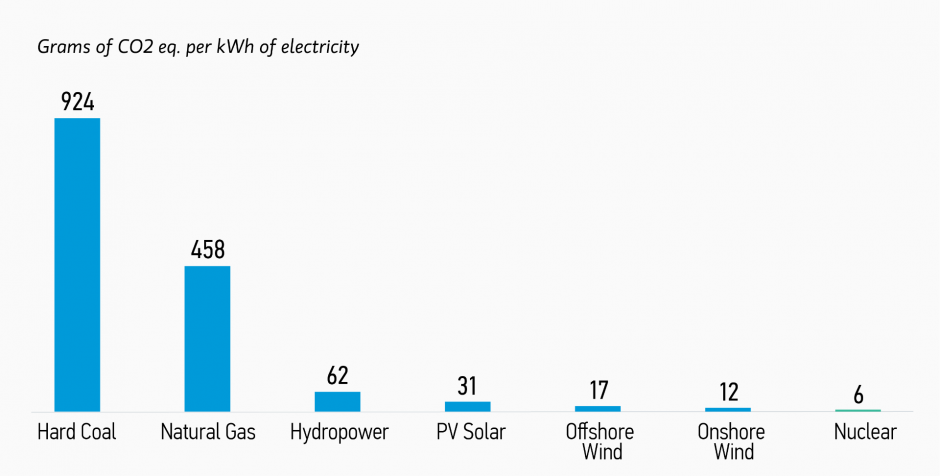
Morgan Stanley IM: The Nuclear Revival – Embracing a Clean, Reliable and Safe Source of Energy
As the world gears up to tackle global warming, renewable energy sources such as solar, wind and hydro power are at the forefront of solutions offered to avert a climate catastrophe. Yet half a century after the environmental case for nuclear power first became clear, it is making a comeback, as a way to fight climate change.
22.09.2023 | 05:55 Uhr
Here you can find the complete article.
Given the challenges in quickly scaling renewable energy sources like solar, not to mention the increased geopolitical concerns around energy independence, it appears policy makers are finally waking up to the promise of nuclear power. French president Emmanuel Macron recently announced a €1 billion package of funding in support of small nuclear reactors, in addition to a pledge to construct 14 new generation reactors.1, 2 Newly elected South Korean President Yoon Sukyeol is aiming for nuclear to account for 30% of total power generation, a reversal in policy from the previous president.3 Japan, home to the 2011 Fukushima nuclear accident, recently restarted nuclear capacity.4
China intends to build more nuclear reactors over the next 15 years—150 in total—than the rest of the world combined has built over the last 35 years.5

Source: UN Economic Commission for Europe, 2021, “Life Cycle Assessment of Electricity Generation Options”.
Nuclear finally had a “seat at the table” during the recent UN Climate Change Conference in Glasgow6 and, perhaps most importantly, the European Commission recently ruled that nuclear energy may potentially be included in the EU Taxonomy as a “green” sustainable activity, which may increase project financing for nuclear power.7
Public perceptions are changing as well: in 2018, only 37% of Democrats in the U.S. supported nuclear power; now a full 60% do.8 Who would have predicted a few years ago that Germany’s decision to close down the last of its nuclear power plants would prompt the Washington Post editorial board to proclaim “What a mistake,” earlier this year?9 This says nothing of the more recent sharp U-turn in attitudes towards nuclear by many European governments as they revisit their reliance on Russian fossil fuels: Britain reversed plans to shut down its nuclear plants by 2030, and Prime Minister Boris Johnson announced an aim to increase the nuclear share of electricity from 15% to 25%.10 Belgium, which confirmed plans as recently as December of 2021 to close all nuclear reactors by 2025, similarly reversed course and decided to extend the life of its nuclear reactors an additional ten years.11
Below we discuss the benefits of nuclear power, including why we believe public fears are misguided, and how investors can gain exposure to this structural theme. As Lux Capital’s Josh Wolfe has suggested, perhaps a re-branding of this “elemental” power is needed to overcome legacy perceptions.12 It is time facts—not fear—drive our policy towards fighting climate change. Nuclear is carbon free, more reliable than other renewables, and possesses a strong safety track record, on par with solar and wind energy.





Diesen Beitrag teilen: